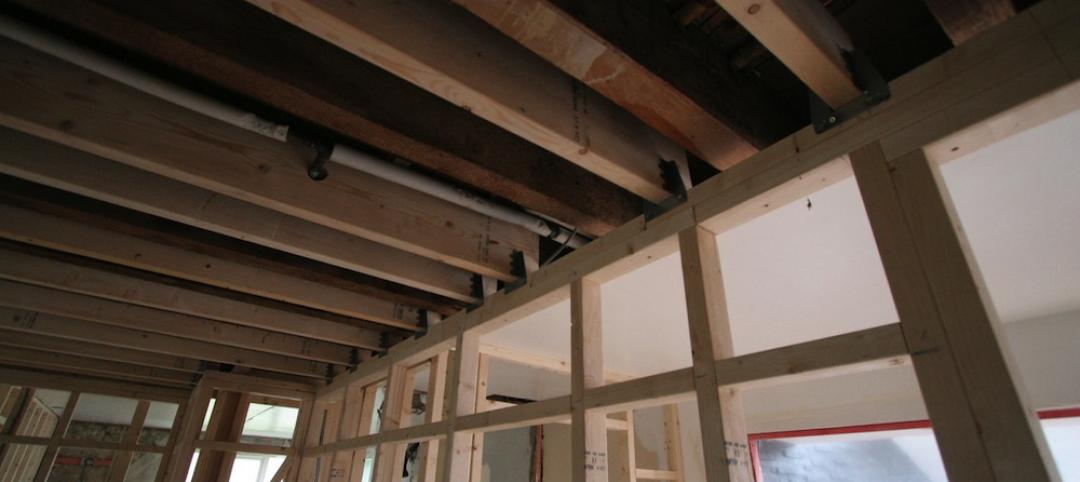A new report by the Union of Concerned Scientists (UCS) pinpoints portions of the U.S. at greatest risk of declining residential and commercial property values, and diminished city and county tax revenue due to flooding attributed to sea level rise.
The areas impacted face worse high tide flooding due to the effects of climate change, UCS says. The findings are the result of peer-reviewed analysis that used ZIP-code-by-ZIP-code data from Zillow Property Data.
The states found to be most at risk of flooding from rising seas are: Delaware, Georgia, Louisiana, Maryland, Massachusetts, New Jersey, New York, North Carolina, South Carolina, Texas, and Virginia. As much as 70% of some municipalities’ property tax bases could be at risk.
The analysis also provides risk assessment according to:
— Number of homes and commercial properties (by state and zip code).
— Current values of properties.
— The amount of money the properties contribute in annual property taxes, which fund schools, roads, and emergency services.
— How many properties could be spared if warming is limited to below 2 degrees Celsius.
— Near- and long-term impact projections, including within the next 30 years.
— Identification of areas where coastal property owners might experience recurring flooding so severe it limits their ability to live or work in these properties.
Related Stories
School Construction | Mar 28, 2016
National report on school buildings reports $46 billion annual funding shortfall
Millions of students said to be learning in obsolete facilities.
Codes and Standards | Mar 25, 2016
ASHRAE grants fund human thermal comfort database project
Aim is to help better understand thermal comfort in residential and commercial buildings.
Codes and Standards | Mar 25, 2016
OSHA finalizes new silica dust regulations
Construction industry has until June 2017 to comply.
Wood | Mar 23, 2016
APA updates Engineered Wood Construction Guide
Provides recommendations on engineered wood construction systems.
Codes and Standards | Mar 23, 2016
Affordable housing advocates differ on micro-apartment policy
New York’s luxury micro units could be first step to developing affordable units.
Codes and Standards | Mar 21, 2016
GRESB launches Health and Well-being Module for real estate industry
Optional supplement to environmental, social, and governance assessment.
Codes and Standards | Mar 4, 2016
U.S. Supreme Court lets San Jose affordable housing law stand
Law attempts to alleviate Silicon Valley’s high housing costs.
Codes and Standards | Mar 2, 2016
WELL standard offers multiple benefits for owners, says real estate executive
Could be a recruiting tool for occupant companies.
Cultural Facilities | Mar 1, 2016
China bans ‘weird’ public architecture, gated communities
Directs designers of public buildings to focus on functionality.
Energy Efficiency | Feb 23, 2016
Economists, energy efficiency practitioners need to work together for better cost/benefit studies
Flawed energy efficiency research yields misleading, confusing results.

















